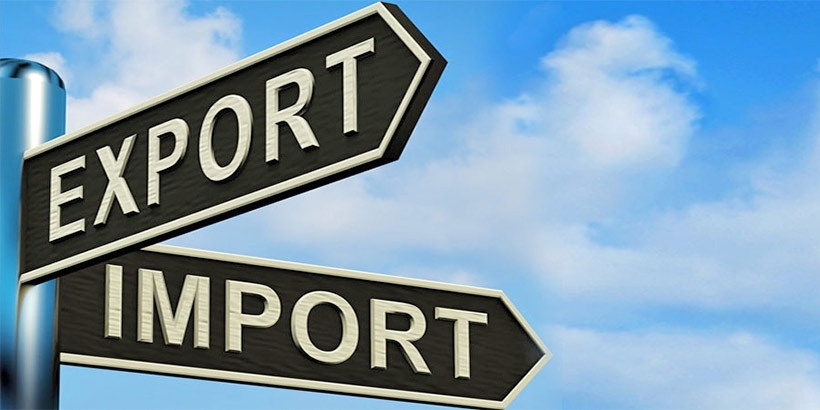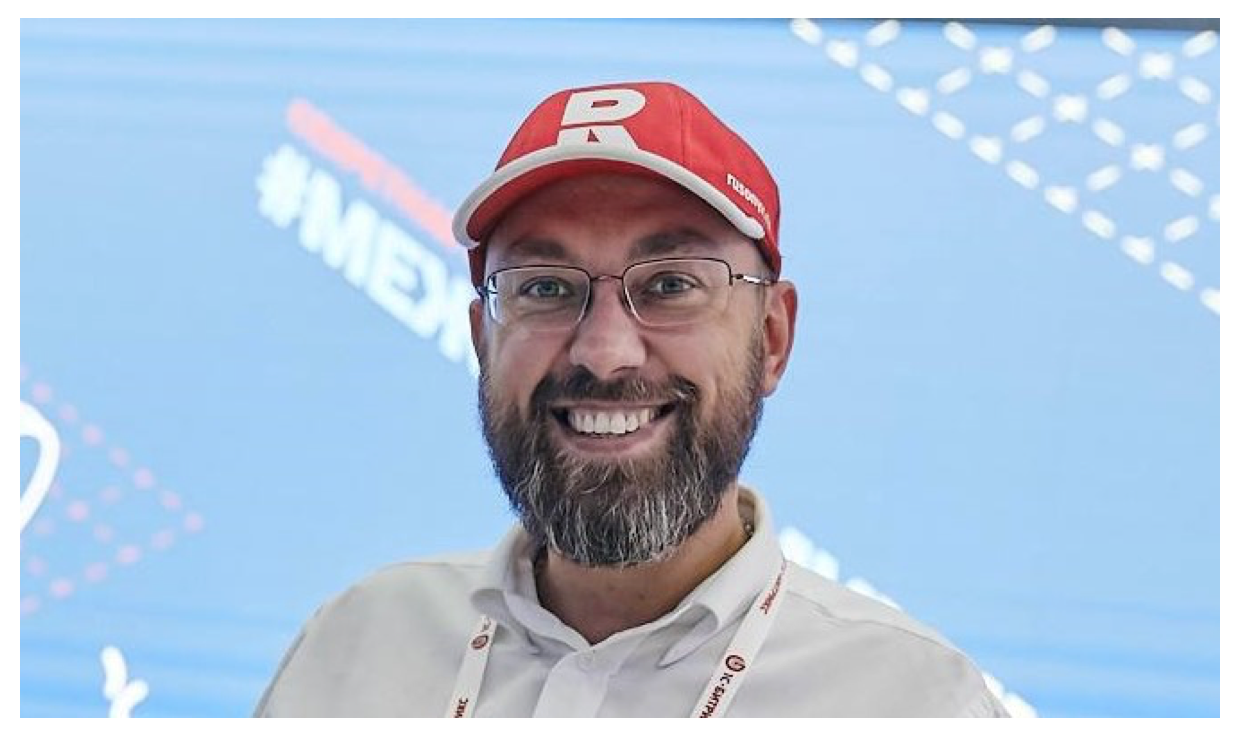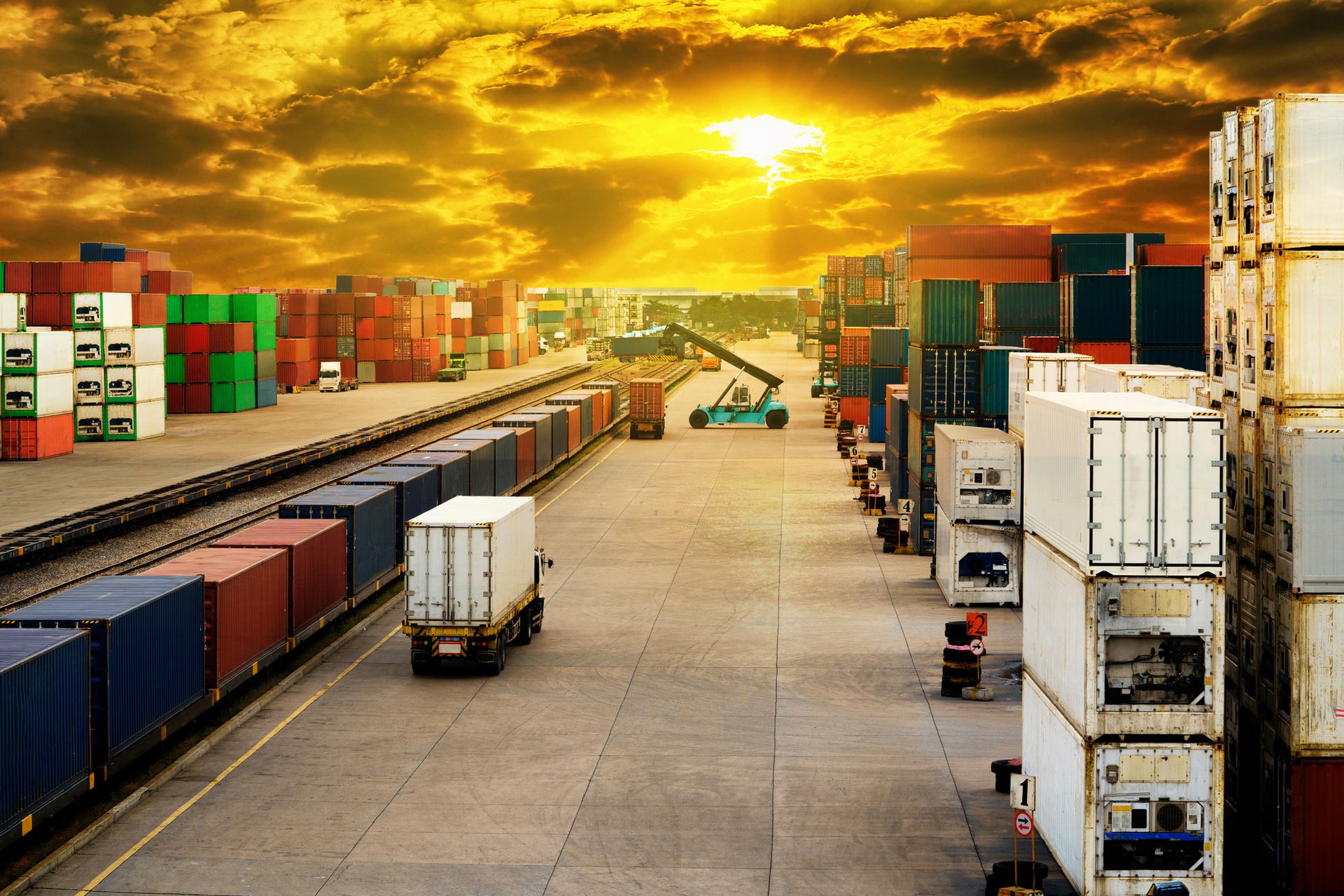10 billion software exports are negligible

According to the Association "Russoft", the export of Russian software over the last year reached $ 10 billion and increased by 19%. Following this news, bravura marches began to emerge on the theme of successfully lifting our economy from the knees of our housekeeper and finding all of us the inevitable bright digital future. Under the cat the opinion of Konstantin Anisimov, CEO Rusonyx from the first person.

Firstly, I do not share the euphoria that has arisen. 10 billion dollars - the amount at first glance is big. A growth of 19% also seems to be not small. But let's turn to numbers. For example, the volume of Belarusian IT exports in the past year exceeded $ 1 billion . And this is when the population of the republic is 9 million people. I live in Russia, I remind you, 15 times more people.
Second, Russia exports goods worth about $ 400 billion a year. As you understand, 10 billion of this amount is the export of IT solutions. Agree, frankly, the numbers are modest. And they, in my opinion, are too high.
Which companies most often recall among the flagships of the domestic IT industry? Usually they talk about ABBYY, Kaspersky, Parallels, Acronis, Veeam. Luxoft, Transas, etc. are less often remembered. At the same time, few people pay attention to the organizational features of the brands mentioned. If you go a little further than the main signs, it turns out that many of these companies can be called Russian only conditionally.
So historically, their founders did have or are of Russian origin, but over time, companies received a European or Asian residence permit. More often it is Europe, for example, Switzerland. It is the European or Asian offices that serve the outside world as a trading partner or sales office. Why? Yes, because, as before, not everyone wants to deal with Russians. Propaganda and mass hysteria in the West do their work - they are afraid of “Russian hackers”. This is especially true of large government and industrial customers. And, yes, changing the legal registration from Moscow to Singapore, your Russian name on the business card will not cease to be Russian, but fears of losing everything when dealing with these "evil Ivanas" in the eyes of potential partners will diminish. By the way

Of course, you can argue by saying that, for example, Kaspersky never lost contact with the Motherland, positioning itself as a Russian company. But this is just an exception, confirming the rule. You want to develop globally - thoughts are wider. And we have this, alas, trouble. We lack, I think, healthy ambitions. Many ready to be content with small, without driving, conditionally, for borders of the third transport ring.
On duty, in recent times quite often have to communicate with the Chinese. So they think in completely different categories and scales. Gaining a fair market share of at least 50% is one of the most modest business goals that are usually heard in person. Systematically, aggressively, purposefully. And you can see how people focus on a task and make every effort to achieve it. In this sense, we have room to grow.
Why do talented programmers live and work in Russia? First, in our country, as before, you can get a good technical education for free. Thus, young people up to 22-23 years old cannot leave the country due to restrictions related to studies. Secondly, it is more profitable for employers to maintain a staff of developers in Russia. Production and costs of payroll in rubles, and revenue in dollars. And the higher the inflation and rate fluctuations, the higher the business margin. And yet, do not forget that in the coming years for IT companies, there are tax breaks. Thus, wherever you look, there are only pluses everywhere.
But what about export? I dare to suggest that nothing substantial. We froze in the 90s and do not plan to get out of them. Companies of level 1C and SKB Kontur dominate the Russian field in their segments, but do not make serious plans for world domination. Successful companies in the West are increasingly moving away from their historic homeland. It is enough to recall the recent history of major acquisitions, such as Corel and Parallels, DXC Technology and Luxoft, Wartsila and Transas. Developers continue to be physically located in Russia, but customers are the global economy. Russia, alas, remains a forge for the world and personnel and supplier of outsourcing resources.

